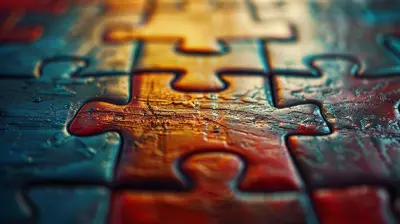What It Takes to Rise Through the Ranks in Competitive Gaming
7 September 2025
Let’s be real: Competitive gaming is no walk in the park. It’s fast-paced, mentally exhausting, and incredibly rewarding all at the same time. Whether you dream of toppling giants at international tournaments or just want to be the undisputed champ among your friends, the question remains: What does it really take to climb the ranks in competitive gaming?
Well, you’re in luck! I’m here to guide you through the grind, the mindset, and the skills you need to take your gaming prowess to the next level. So grab your headset, adjust your DPI, and settle in—because this is a journey you won’t want to miss.
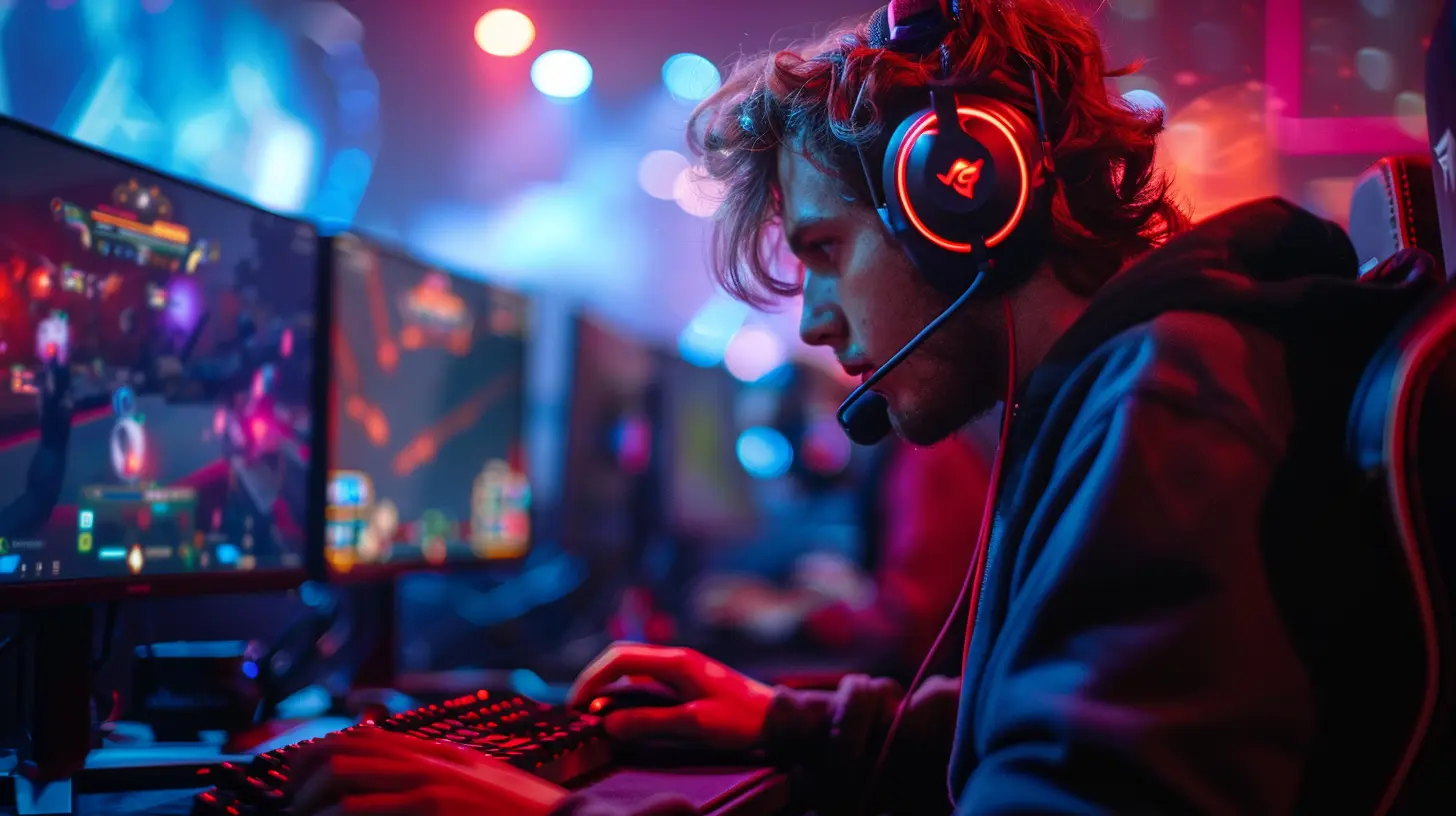
1. Dedication: Your First Power-Up
Let’s start with the obvious: dedication. You’ve got to show up and put in the hours. But it’s not just about sitting in front of your PC or console for 12 hours a day. It’s about meaningful practice. Think of it like going to the gym—you wouldn't just lift random weights without a plan, right? The same goes for gaming; consistent, focused practice trumps aimless grinding every single time.Be Honest About Your Goals
Ask yourself: Why are you doing this? Do you want to go pro, or are you just trying to rank up? Knowing your why will fuel your how. Dedication without direction is like trying to play "Rocket League" with a flat tire—it just doesn’t work.If your goal is to go pro, be prepared for sacrifice. Late nights, long hours, and even skipping some social events could become the norm. But hey, if you love what you do, it won’t feel like work—it’ll feel like progress. 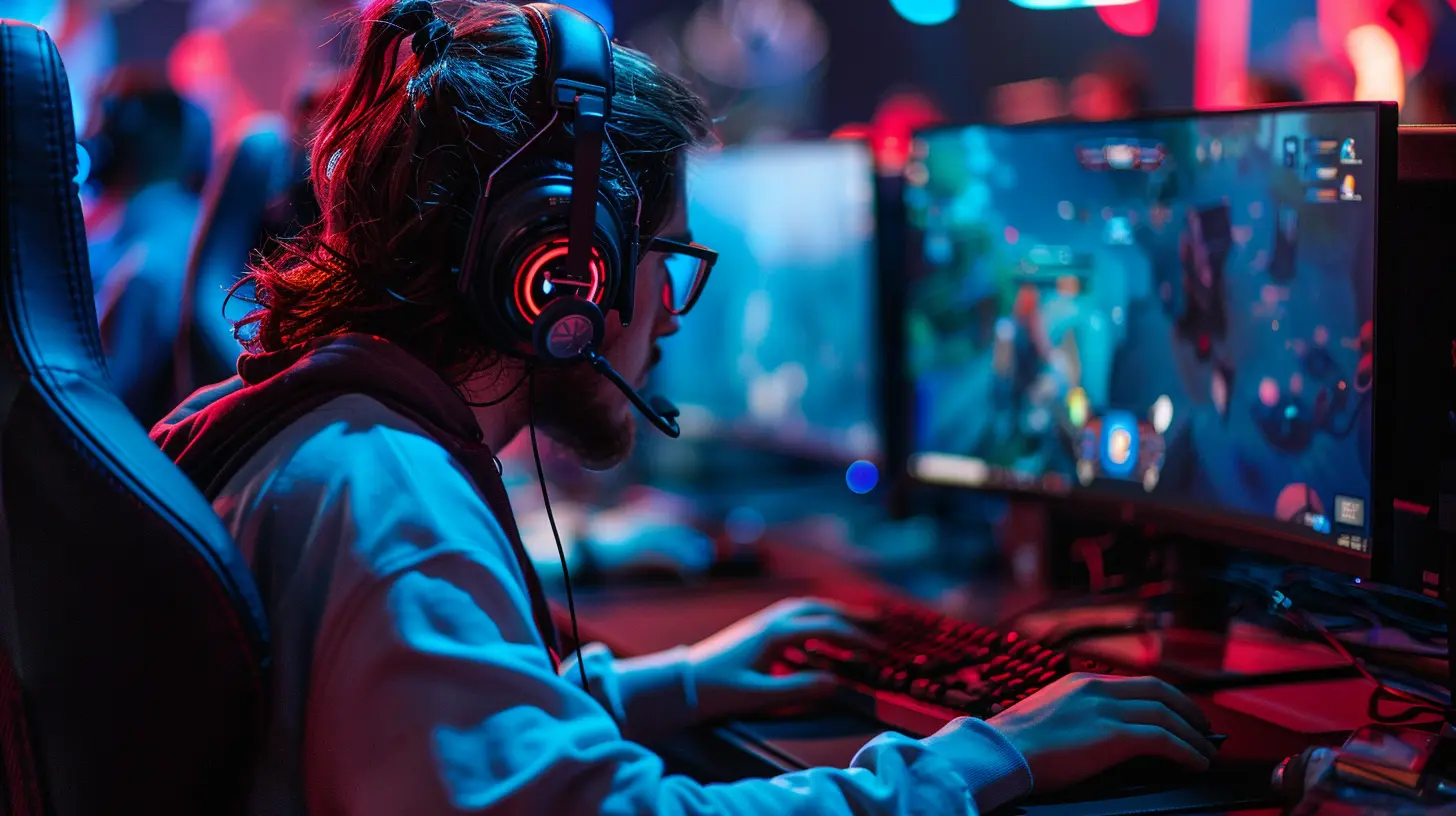
2. Skill Development: Master the Mechanics
No one becomes a legend overnight (unless you’re smurfing, but let’s not go there). Competitive gaming is all about perfecting your mechanics and decision-making. Whether it’s landing headshots in "Valorant," pulling off perfect combos in "Tekken," or micro-managing units in "StarCraft II," mastery of the game’s core mechanics is non-negotiable.Start with the Fundamentals
Before trying to perform flashy plays, focus on the basics. For example:- FPS Games: Aim, reflexes, map knowledge, and positioning.
- Mobas: Last-hitting, warding, and understanding team compositions.
- Fighting Games: Understanding matchups, frame data, and timing.
You wouldn’t build a house on quicksand, would you? The same principle applies here. Master the fundamentals first, and everything else will feel like second nature. 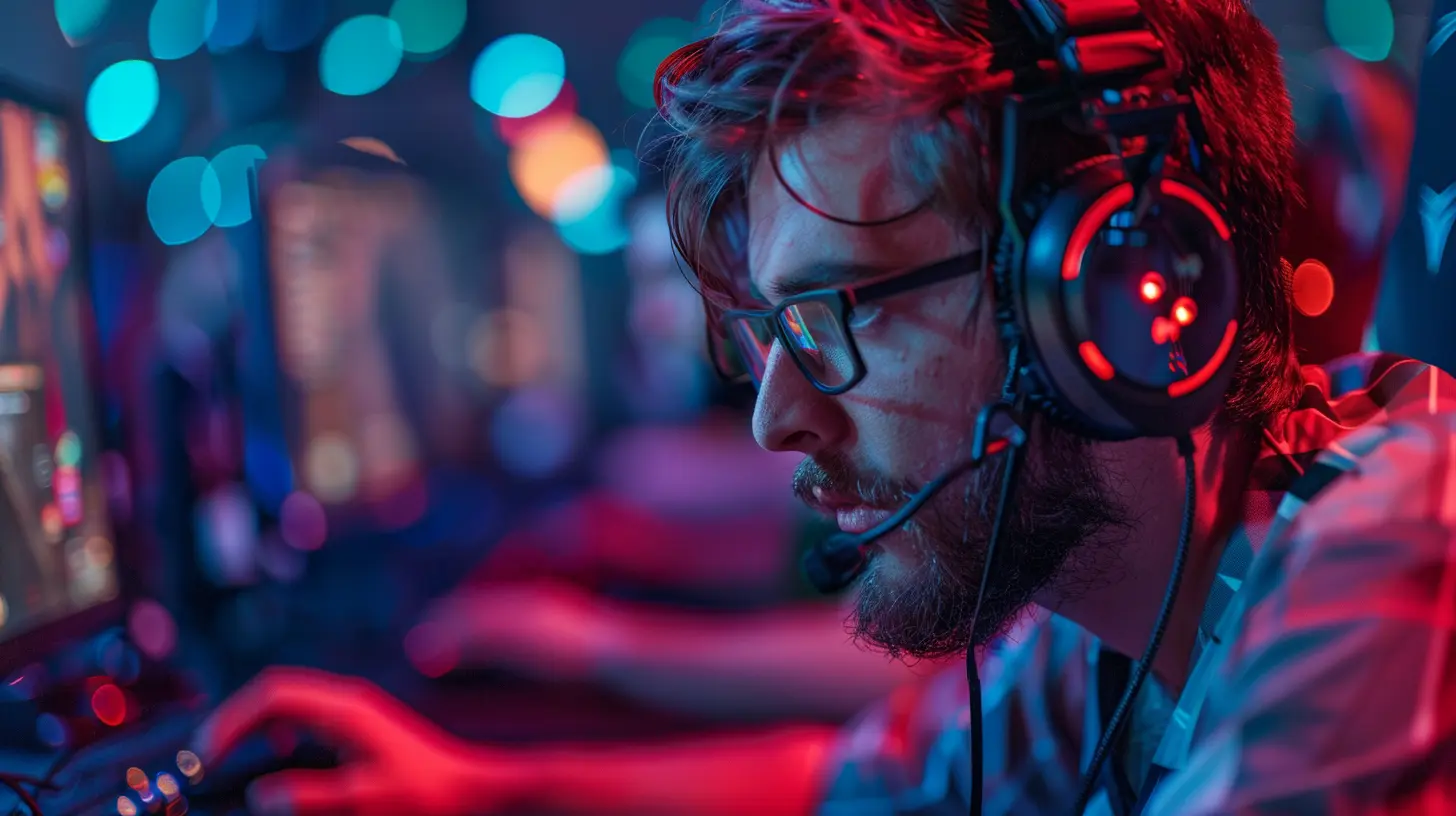
3. Game Sense: The Silent MVP
What separates good players from great players? Game sense. It’s that sixth sense that tells you when your opponent is about to flank, or when to hold back instead of rushing in like Leeroy Jenkins.How Do You Build Game Sense?
- Watch Pro Players: You can learn a lot just by observing how the best of the best play. Notice their positioning, decision-making, and timing.- Review Your Own Gameplay: Ever cringe at your own replays? That’s a good sign—it means you’re identifying mistakes. Fix those, and you’re on your way to improvement.
- Be Observant: Pay attention to patterns in your opponents' plays. Are they aggressive? Passive? Adapt accordingly.
Game sense isn’t just about reacting—it’s about anticipating. In many ways, it’s like chess. You’re not just playing the game in front of you; you’re playing the game three moves ahead. 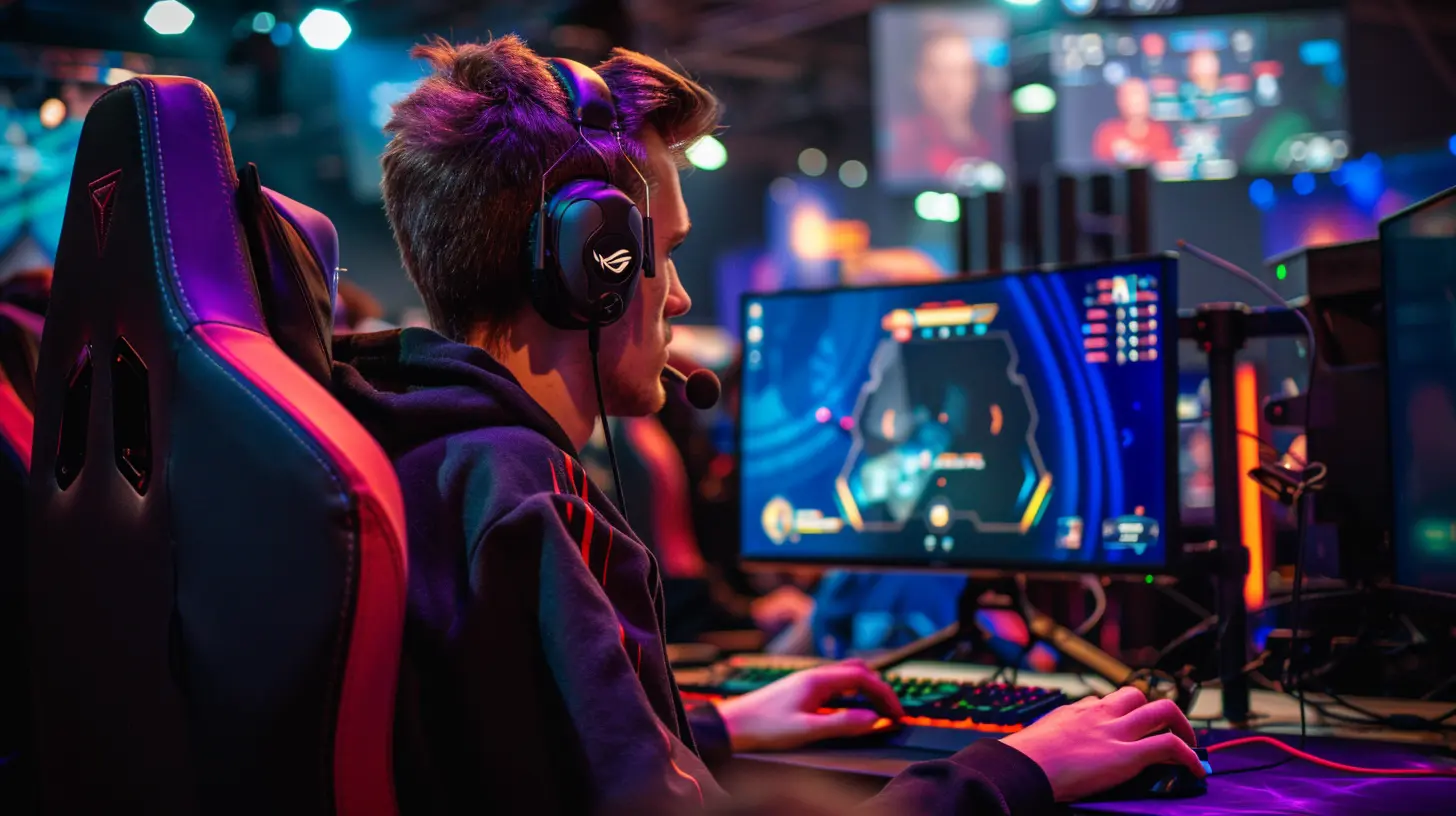
4. Mental Fortitude: The Ultimate Boss Battle
Let’s face it—competitive gaming isn’t all rainbows and dopamine hits. There will be losses, toxic teammates, and moments where you question if you’re even improving. This is where mental strength comes into play.Avoid the Tilt Spiral
Tilt. It’s the bane of every gamer’s existence. One bad match can spiral into five, and before you know it, you’re yelling at your screen like it owes you money. Don’t fall into that trap. Take breaks when needed, and remember: one bad game doesn’t define your skill.Build Resilience
Think of losing as part of the learning process. Every loss is a lesson—what went wrong? Did you make a poor decision? Was your aim off? Analyze it, adapt, and come back stronger.Pro tip: Imagine your losses as XP for your mental bar. Every time you overcome a frustrating loss, you’re leveling up your resilience.
5. Communication: It’s a Team Sport
Unless you’re only playing 1v1 games like "Street Fighter" or "Chess.com," chances are you’ve got teammates. And if you’re not communicating, you’re basically handicapping yourself.Be Clear and Concise
Nobody likes a teammate who spams the mic with useless chatter or, worse, rage. Focus on delivering helpful info:- Call out enemy locations.
- Share your plans (e.g., "I’m flanking left").
- Make quick tactical suggestions.
Remember, you’re not just playing a game—you’re functioning as part of a well-oiled machine. Communication is the oil that keeps it running smoothly.
6. The Gear: Invest in Your Arsenal
Ever tried playing a fast-paced FPS with a laggy mouse? Or dealt with audio delays because your headset’s seen better days? Yeah, it’s brutal. While skill ultimately trumps gear, having the right setup can give you a noticeable edge.What Should You Prioritize?
- A Solid Monitor: High refresh rates (144Hz or more) can make all the difference in fast-paced games.- A Great Mouse and Keyboard: Precision and comfort matter.
- Headphones: Good audio quality helps you hear every footstep, reload, or ultimate charging in the distance.
Think of it like sports—can you play soccer without cleats? Sure, but you won’t perform at your best.
7. The Community: Forge Connections
One of the best things about competitive gaming is the community. Whether it’s your squad, a local Discord server, or even random players you meet in ranked matches, building relationships can elevate your game.Why Is This Important?
- Learning from Others: There’s always someone better—befriend them, and pick their brain.- Finding Regular Teammates: Playing with people you know and trust is a game-changer.
- Networking: You never know who could introduce you to the next big opportunity, whether it’s a tournament or a team.
Don’t be shy—engage with others, share tips, and become part of the scene.
8. Consistency is Key
At the end of the day, the key to climbing the ranks is consistency. It’s not about having one god-tier game; it’s about performing well consistently across dozens (or even hundreds) of matches.Building consistency takes time. Don’t rush it. Stick to a routine, analyze your progress, and aim to get just 1% better every day. You’d be surprised how quickly those small gains add up.
Final Thoughts: The Only Ladder You’re Climbing is Yours
Climbing the ranks in competitive gaming is a marathon, not a sprint. It takes time, effort, and a willingness to learn from both your wins and your losses. But you know what? That’s what makes it worth it.Every promotion, every victory, every "GG EZ" you actually deserve is a testament to how far you’ve come. So keep grinding, stay humble, and never forget—you’re only as good as your next game.
all images in this post were generated using AI tools
Category:
Competitive GamingAuthor:

Leif Coleman
Discussion
rate this article
1 comments
Samuel McCool
Great insights! Climbing the ranks in competitive gaming really requires dedication, strategy, and a love for the game!
September 25, 2025 at 4:38 AM

Leif Coleman
Thank you! Absolutely, dedication and strategy are key to success in competitive gaming. Glad you enjoyed the article!

